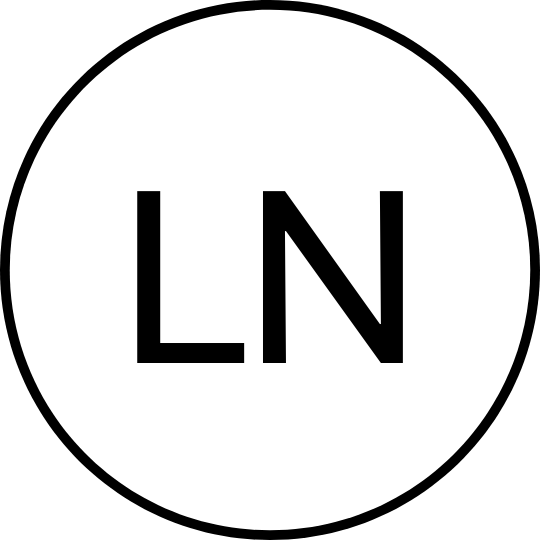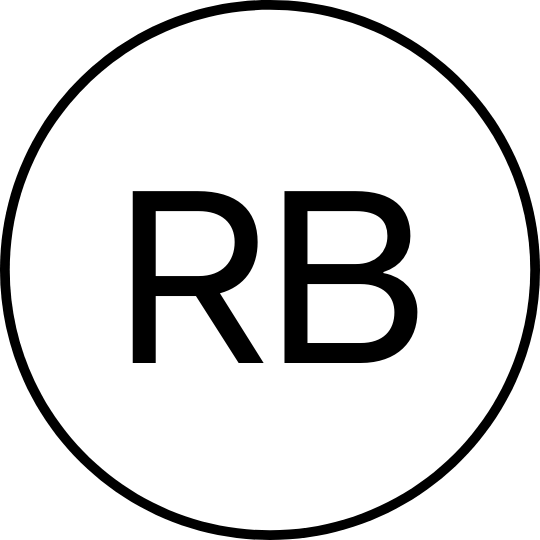
Was Threads Doomed Before It Was Even Made?
Threads won’t kill Twitter, but it might kill the concept of an online town square. Here’s why.

A special series about using the past to visit the future.
For the last few weeks, I have nearly obsessed over the state of social media (these are strange times even in comparison to the last few years which have themselves been strange times). I bought both Twitter Blue and Meta Verified the moment they released, I pre-downloaded Instagram Threads when it released unexpectedly last week, and I even had the chance yesterday to test out the slowly-growing-but-still-ghost-town T2 Social (Edit: it’s now defunct, and I later got to try BlueSky too).
My impression from all of these experiences, and the takeaway that all internet users should be getting but aren’t from coverage of the social media space, is this: for social media companies, everything is up for grabs; now is the time to question everything. Users who are normally adventurous with which apps they spend their screen time on suddenly became more reliant on a sort of status quo of established platforms during the pandemic. Twitter was a safety blanket. But that is over now, and the industry knows it.

Will we ever have a real online town square? Do we even need one?

TikTok faces growing government scrutiny, the new Elon Musk-owned Twitter finds new ways daily to annoy the users who haven’t left out of annoyance already, and Mark Zuckerberg concludes that his already robust set of platforms isn’t enough.
And so we find ourselves in this transitionary period right now where the current social media apps feel insufficient, yet we don’t know how to fix things or where to go next.
Specifically, there is a peculiar sentiment that the world needs an online town square and that Twitter is not it. This can be traced back, at least in part, to the vengeful reactions of journalists and other Twitter power users who were incensed that Elon Musk restored the accounts of certain unpopular people and monetized the previously almighty blue check by yanking it away from any people who refused to pay $7 per month for it.

Zuckerberg, on Threads, said he envisions an online public square with a billion users.
I personally felt somewhat detached from Twitter, immune to the pain because of the insignificance of my presence there and a marked lack of effort in building one. Perhaps Twitter is too old for people my age ? I never see my friends there. Nevertheless, I understand why the Web is mad about Twitter. Some folks worked hard — or paid a lot — for those legacy blue checks.
But even beyond people’s prejudices against Elon Musk, whether those prejudices are reasonably justified or ulterior in nature, the question of whether Twitter can really function as an online town square is very valid.
Twitter has never had as large a user base as other social media apps. Facebook, an app for photo-sharing, looms large with almost three billion users. Instagram, another app for photo-sharing, hosts another two billion. Twitter only has five hundred million.

Graph from Statista
When launching Threads, Mark Zuckerberg clearly stated that he thinks Twitter’s failures were strictly managerial. But is this true? My experiments on Twitter, Threads, and all the others gave me the opposite impression. I do not think most of the problems at Twitter are problems with Twitter. Rather, there are fundamental problems with the concept of a text-based town square app. New reports say user engagement is falling on Threads right now too. As the hype dies down, users are complaining of getting less value from time spent on Threads compared to Meta’s other apps. Internet users who are accustomed to Instagram, where photos, videos, and text are sharable in a single space, are finding text-centric platforms like Threads and Twitter to be not as valuable.
Who knows, Mark Zuckerberg might succeed in growing his public conversations app to a billion users. And if he does, more power to him. But if he succeeds, he’ll be fighting human nature the whole time. Photos and videos are simply more unifying than text and speech will ever be. Yes, there are exceptions — news and philosophy for instance — but the exceptions are more monologues than conversations, and news organizations and books have covered those use cases for centuries.
Twitter’s user base has already splintered. It became too diverse to remain civilized on a single platform. Young people went to Threads. Journalists went to Bluesky. Conservatives stayed on Twitter. Trump followers went to Truth Social. While all these new platforms seek to become the next town square, they instead point to the impossibility of having a town square at all.
Threads should make people question the basics. Will we ever have a real online town square? Do we even need one? I am sure it does not add any value to your life knowing that you can read about what I had for breakfast. And I think that is the big point Threads could raise — that there may be a reason besides bad management why many people found Twitter not as useful as other social media apps.




